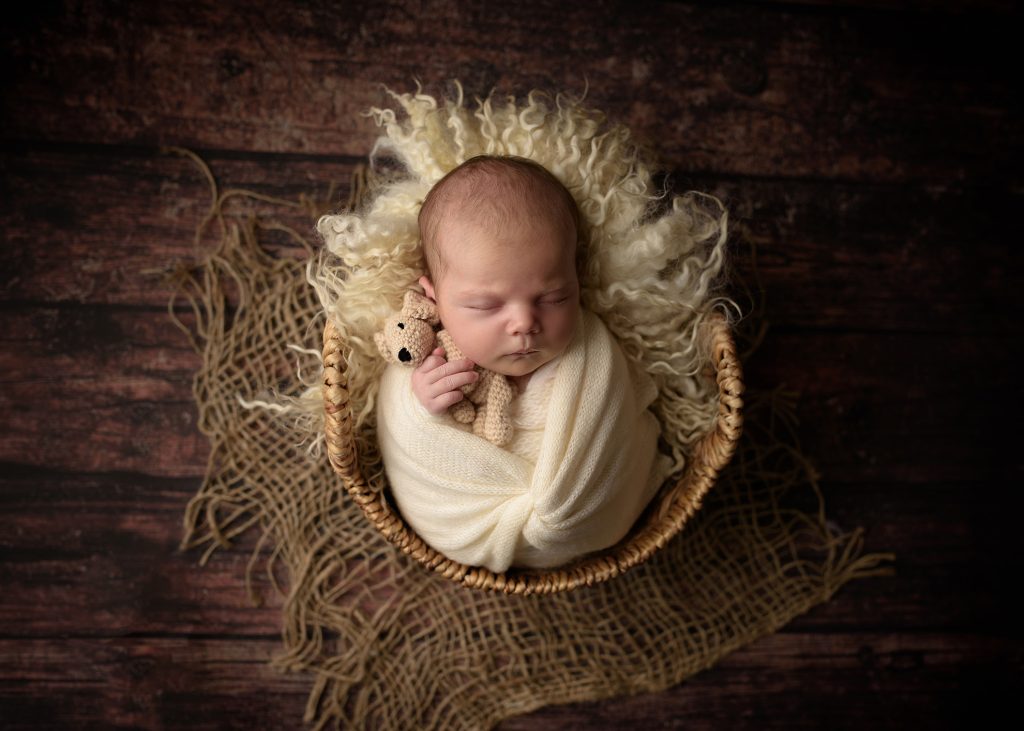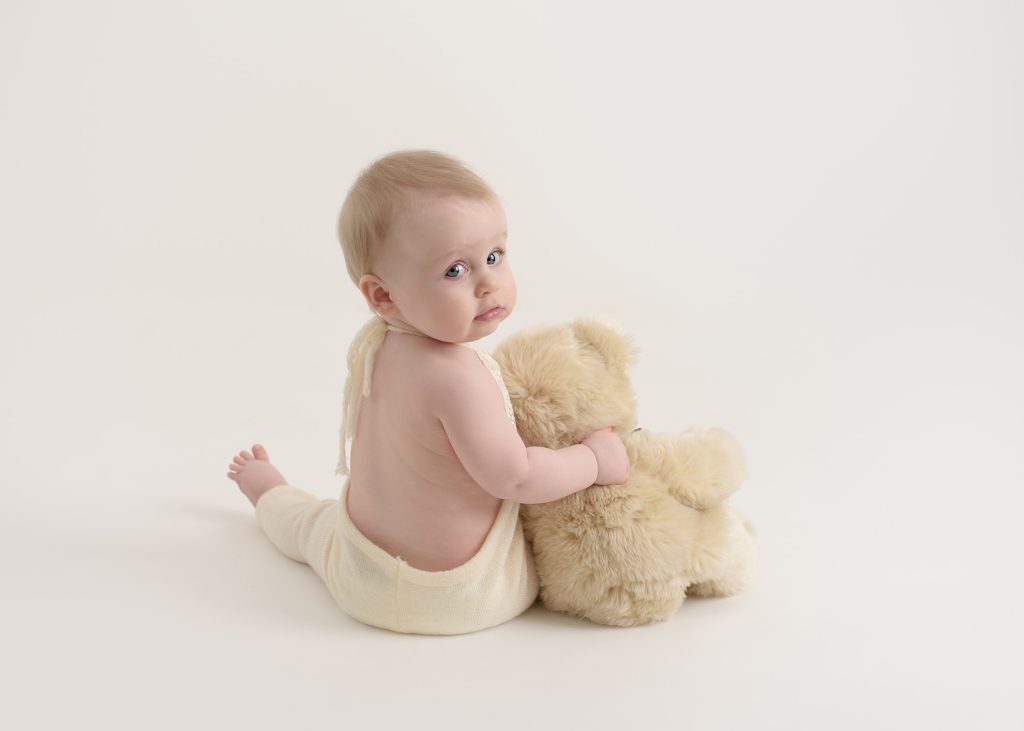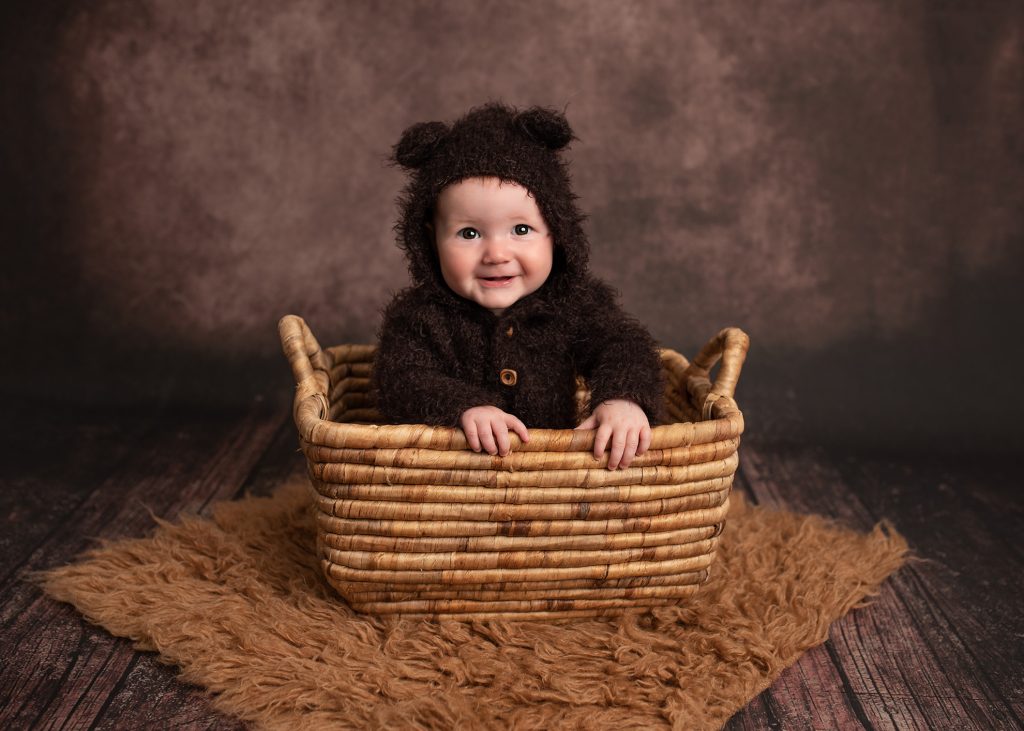The Dos and Don’ts of Baby Care at Home
Did you know that nearly 1 in 3 new parents feel overwhelmed by the constant baby care demands in the first few months? I totally get it! When my baby was born, I spent half my time Googling “How to safely bathe a baby” and the other half praying I’d get the nappy routine right. Spoiler: I didn’t, but we survived! That’s parenting, right? A mix of Googling and pure survival.
By reading this article, you’ll get expert-backed tips that will save you time and stress and make baby care at home a whole lot easier. You’ll learn what to do, what not to do, and all the little things that can make a big difference. Trust me, you won’t want to miss it! No more late-night Googling, I promise.
I’m writing this article because, as a parent and someone who’s spent years researching baby care, I understand how tricky it can be to figure it all out. I’ve poured hours into finding answers and tips, and now I’m excited to share them with you. After all, who doesn’t want a few more hours of sleep?
So, grab a cup of coffee (or tea, I won’t judge) and let’s dive into the dos and don’ts of baby care. Ready to feel like a baby-care pro? Let’s go!
Key Takeaways
- Ensure a safe environment by baby-proofing your home.
- Follow proper breastfeeding and formula feeding guidelines.
- Maintain a regular baby hygiene routine with gentle products.
- Establish a consistent and safe sleep routine for your baby.
- Keep up with regular paediatric visits and vaccinations to ensure your baby’s health.
Parenting is an ongoing learning experience, and every parent makes adjustments along the way. By following the dos and don’ts of baby care at home, you’re giving your baby the best foundation for a healthy, happy start in life.
Setting Up a Safe Baby Environment
Creating a safe space for your baby is one of the first steps in ensuring their well-being. Babies are naturally curious, and as they grow, they will begin exploring their surroundings. Therefore, it’s crucial to baby-proof your home and prepare it for their arrival.
Secure Furniture and Sharp Edges
Before your baby starts crawling or walking, take steps to secure heavy furniture like bookshelves and televisions to the walls. Sharp edges can pose a risk as babies are still learning about their surroundings. Use corner protectors on tables and other furniture to avoid accidents. As Dr. Emily T. Myers, a paediatric safety expert, says, “Babies might not have a fully developed sense of danger, so it’s up to us to make their environment as safe as possible.”
Baby-Proofing Electrical Outlets
Cover all electrical outlets with safety plugs to prevent your baby from sticking fingers or objects into them. Keep all cords from blinds or electrical devices out of reach to avoid choking or strangulation hazards. Yes, baby-proofing the home might feel like preparing for a mini tornado, but it’s worth it!
Creating a Safe Sleeping Area
Make sure your baby’s crib is safe. Use a firm mattress and avoid putting pillows, stuffed animals, or blankets in the crib, as they can pose suffocation risks. Always place your baby on their back to sleep to reduce the risk of sudden infant death syndrome (SIDS). According to Dr. John M. Spencer, a paediatrician, “The safest sleeping position for babies is on their back—this significantly reduces the risk of SIDS.”
Feeding Your Baby Right
Feeding your baby is one of the most important tasks of early parenthood. Whether you choose breastfeeding or formula feeding, following proper guidelines will ensure your baby gets the nutrition they need to thrive.
Breastfeeding Dos
Breastfeeding offers numerous benefits to both the baby and mother. Make sure your baby latches on properly, as a poor latch can cause discomfort for the mother and ineffective feeding for the baby. Aim for 8 to 12 feedings in the first few weeks, as this helps establish your milk supply. Breastfeeding expert Lisa Harrington recommends, “A proper latch is key to a successful breastfeeding experience. If you’re struggling, don’t hesitate to seek help from a lactation consultant.”
Formula Feeding Dos
If you’re using formula, always follow the manufacturer’s instructions for mixing. Ensure the bottle and nipple are clean to avoid introducing bacteria. Hold your baby in an upright position during feedings to reduce the risk of ear infections and allow for easier swallowing. It may sound basic, but these simple steps can make a huge difference in keeping your baby healthy.
Don’t Propping the Bottle
Avoid propping the bottle during feedings, as this can cause your baby to choke or have ear infections. Don’t add any solid foods to the bottle unless specifically advised by your paediatrician. It’s also important not to heat formula or breast milk in a microwave, as it can cause uneven heating and burn your baby. Trust me, the microwave is great for pizza, but not for baby bottles!
Baby Hygiene: Essential Dos and Don’ts
Maintaining proper hygiene is essential for preventing infections and ensuring your baby’s health. However, there are a few important tips to remember to ensure that hygiene practices are done correctly.
Bathing Your Baby
For newborns, sponge baths are recommended until their umbilical cord stump falls off. Use mild, baby-friendly soap, and avoid using too much soap, which can dry out their sensitive skin. Ensure that the water temperature is lukewarm and check it with your wrist or elbow to make sure it’s not too hot. Remember, it’s all about gentle care, not “spa day” for the little one.
Changing Dos
Change your baby’s nappy frequently, even if it doesn’t appear soiled, to prevent rashes and discomfort. Be sure to wipe from front to back to avoid the spread of bacteria, and use a barrier cream or ointment if needed to protect your baby’s skin from rashes. Make sure to have enough wipes and nappies within arm’s reach because there’s no such thing as a “quick change” with a wriggly baby!
Don’ts of Baby Hygiene
Avoid using scented wipes, as they can irritate your baby’s sensitive skin. Don’t bathe your baby too often; once or twice a week is usually enough. Over-bathing can dry out their skin and strip it of natural oils. Also, don’t skip the nappy rash cream—your baby will thank you later!
Sleep Routines and Safety
Establishing good sleep habits early on is vital for your baby’s development and your peace of mind. A consistent sleep routine can help your baby feel secure and learn to sleep through the night at an appropriate age.
Safe Sleep Practices
Always place your baby on their back to sleep, as this significantly reduces the risk of SIDS. Make sure the crib is free of blankets, pillows, and stuffed animals, which can increase the risk of suffocation. Swaddle your baby with care, ensuring the blanket is not too tight, and avoid swaddling once your baby starts to roll over. Dr. Paula Simmons, a sleep expert, advises, “The safest sleep environment for your baby is simple and clear—nothing unnecessary in the crib.”
Creating a Sleep Routine
Creating a sleep routine will help your baby understand when it’s time to wind down. Begin with a relaxing activity like reading or gentle rocking, and keep the sleep environment dark and quiet. Babies benefit from consistent routines, so try to stick to a regular sleep schedule. By establishing a bedtime routine, you’re also setting up a future of restful nights—for both of you!
Don’ts for Baby Sleep
Never co-sleep with your baby in your bed, as this increases the risk of suffocation, falls, or entrapment. Don’t use crib bumpers, as they pose a suffocation and strangulation risk. Also, avoid using sleep positioners, as they can interfere with your baby’s safe sleep position. Remember, babies are not mini adults—they need extra care, and their sleep safety should be non-negotiable.
Baby Health: Medical Care and Wellness
Taking care of your baby’s health involves more than just physical care. From regular paediatric visits to ensuring vaccinations are up-to-date, there are many things to consider.
Regular paediatric Checkups
It’s essential to schedule regular paediatric appointments to monitor your baby’s growth and development. These visits provide an opportunity for your paediatrician to assess your baby’s health, offer vaccinations, and provide guidance on issues such as feeding and sleep patterns. Dr. Heather Griggs, a renowned paediatrician, recommends, “Regular checkups are vital for catching potential health issues early and keeping your baby on track with their development milestones.”
Vaccination Dos
Vaccines are an essential part of keeping your baby healthy and preventing the spread of contagious diseases. Make sure your baby gets the necessary vaccines as per the schedule recommended by your paediatrician. If you have any concerns, don’t hesitate to ask your healthcare provider. While vaccines might feel overwhelming, they are key to your baby’s protection!
Don’ts of Baby Health
Avoid giving over-the-counter medications without first consulting your paediatrician, as some medications are not safe for infants. Don’t ignore signs of illness, such as a high fever or unusual fussiness. If your baby exhibits these symptoms, seek medical advice promptly. Parenting is all about finding that balance between the right amount of caution and common sense.
Revised Conclusion
To wrap it up, we’ve covered the essentials of baby care at home, from creating a safe space for your little one to feeding, hygiene, and sleep routines. With these tips in hand, you’ll be well-equipped to tackle baby care with confidence and a little less stress!
My Opinion: Based on my research and experience, the best approach is to stay informed and prepared, but also to go easy on yourself. No one expects you to be perfect (except maybe your baby, but they can’t talk, so who’s to say?). Stick to the basics, and make safety and comfort your priority. Want to hear more tips? Leave a comment, subscribe to our newsletter, or check out our other articles. Let’s keep this parenting thing simple and fun!
Frequently Asked Questions
When can I start giving my baby solid food?
Most babies are ready for solid food around 6 months old. Before introducing solids, ensure your baby can sit up with support, has good head control, and shows interest in food. Always consult your paediatrician before starting solids.
How often should I bathe my newborn?
Newborns typically don’t need daily baths. Bathing your baby two to three times a week is sufficient to keep them clean and avoid drying out their sensitive skin. Use a mild, baby-safe cleanser and make sure the water is warm.
Can I leave my baby alone on a changing table?
Never leave your baby unattended on a changing table, even for a second. Babies can roll over unexpectedly and may fall. Always keep one hand on your baby while changing their nappy and be sure to keep all essentials within reach.
How do I know if my baby is getting enough milk?
You can tell your baby is getting enough milk if they have regular wet nappies (around 6-8 a day), seem content after feeding, and are gaining weight at a healthy rate. If you’re concerned, consult your paediatrician for advice.
What should I do if my baby has a fever?
If your baby has a fever, check their temperature with a digital thermometer. A fever over 100.4°F (38°C) in babies younger than three months should be addressed immediately with a healthcare provider. For older infants, you can use fever-reducing medication under the guidance of your paediatrician.



